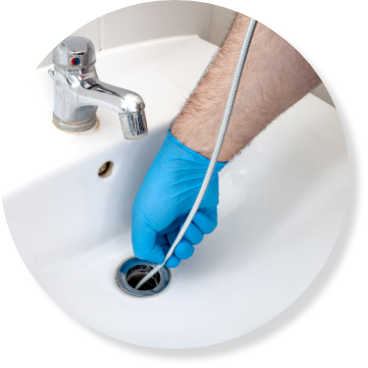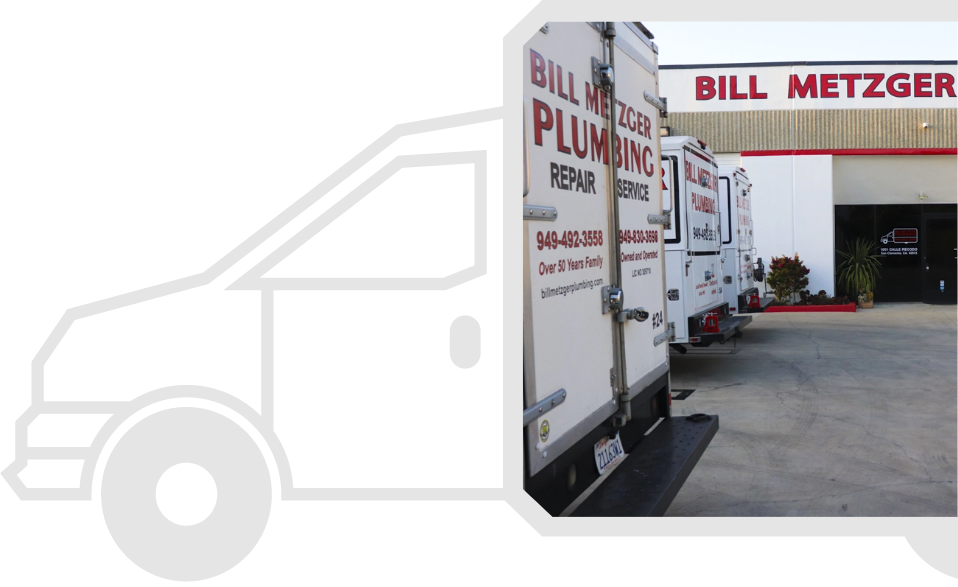San Clemente Drain Cleaning Experts
For over 50 years, Bill Metzger Plumbing has been the trusted name in plumbing, offering fast and reliable drain cleaning services in San Clemente, CA, and throughout Orange County.
- 100% Satisfaction Guarantee: Your satisfaction is our priority, and we back our work with a full guarantee
- Reliable Plumbers – Our plumbers are all background checked, drug tested, and properly trained
- Cleanliness Guaranteed – We respect you and your property
- Same Day Service – Call before noon and get service today! You can even get emergency service at night or on weekends
We are completely equipped to clean all drains, showers, toilets, and sewers, including the yard, drains. You name it, we clean it. We will video and trace the problem and make repairs as needed. We have installed thousands of sewer cleanouts. We can do it all. Does your house have a ground-level sewer clean-out? If not, you should seriously consider putting one in. We use power snakes and powerful water jetters as needed.
Clogged drains? No problem! Contact Bill Metzger Plumbing, we specialize in clearing drains. Contact us today!




 Today
Today 